Exploring The Sound Perimeter: Music As A Social Glue
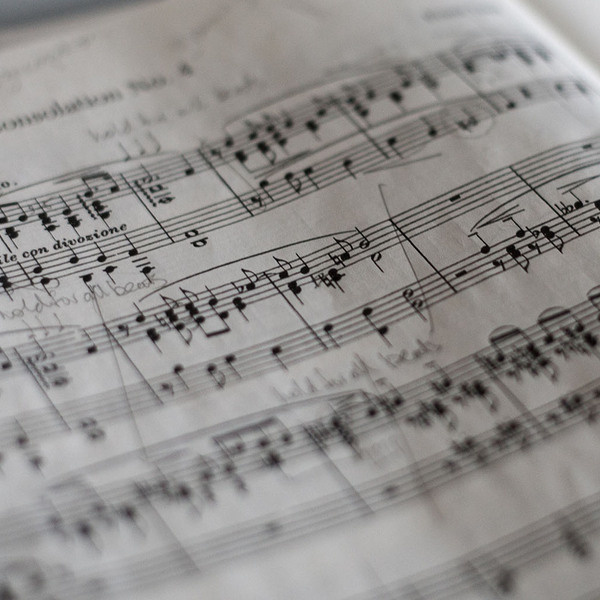
Table of Contents
Music's Role in Ritual and Ceremony
Shared Rhythms and Collective Identity
Music structures rituals and ceremonies across cultures, creating a sense of unity and shared purpose. The rhythmic pulse of a drum, the soaring melodies of a choir, or the hypnotic repetition of chants all serve to unify participants, creating a shared experience that transcends individual differences. These shared musical experiences forge a collective identity, binding people together through a shared emotional and spiritual journey.
- Religious ceremonies: From gospel choirs in churches to chanting monks in monasteries, religious music creates a deeply spiritual and communal experience.
- Cultural festivals: Think of Mardi Gras, Holi, or Oktoberfest – music is integral to the celebration, fostering a sense of belonging and shared cultural heritage.
- Social gatherings: Even seemingly informal events like weddings, birthday parties, or sporting events utilize music to enhance the atmosphere and create a shared experience.
These examples demonstrate the power of ritual music in shaping collective identity and promoting social cohesion through shared musical experiences.
The Power of Music in Creating Social Cohesion
Participation in musical events strengthens social bonds and creates a sense of belonging. The collaborative nature of many musical activities fosters teamwork, communication, and mutual support.
- Marching bands: The disciplined coordination and shared purpose of a marching band create a strong sense of camaraderie and group identity.
- Choirs: Singing together in a choir demands cooperation and mutual listening, strengthening bonds between members.
- Community orchestras: Participating in a community orchestra requires dedication and collaboration, fostering a strong sense of community and shared accomplishment.
Social cohesion through music is a tangible outcome of shared activity, fostering a sense of belonging and mutual respect. The unifying power of music in these contexts is undeniable.
Music as a Catalyst for Social Movements and Change
Music as a Voice for Social Justice
Music has historically played a crucial role in expressing dissent, driving social movements, and amplifying marginalized voices. Protest songs often become anthems for social change, uniting people around a common cause.
- Protest songs: From Bob Dylan's anti-war anthems to Billie Holiday's poignant expressions of racial injustice, music has given voice to the voiceless and fueled social movements.
- Musical activism: Artists often use their platforms to raise awareness about social issues, using their music to inspire action and change.
- Music's influence on civil rights movements: Gospel music and blues played a pivotal role in the American Civil Rights Movement, providing a powerful soundtrack for struggle and hope.
Music and social change are intrinsically linked. The power of protest music to mobilize and inspire underscores music's role in driving social justice.
Music's Ability to Bridge Cultural Divides
Music transcends linguistic barriers and fosters understanding and empathy between different cultural groups. The sharing of musical traditions creates a bridge of communication, fostering appreciation for diverse cultures.
- Cross-cultural musical collaborations: Artists from different backgrounds collaborating create music that blends traditions, offering new perspectives and promoting cross-cultural understanding.
- Fusion genres: Genres like world music and Latin jazz demonstrate the power of musical fusion to bridge cultural divides and create something new and vibrant.
- The impact of global music sharing platforms: Platforms like Spotify and YouTube allow for the global dissemination of music, exposing people to diverse musical traditions and fostering cross-cultural appreciation.
Cross-cultural music is a testament to music's unifying influence, demonstrating its power to create connections between people from vastly different backgrounds.
Music and the Formation of Personal Relationships
Shared Musical Taste and Connection
Shared musical preferences contribute significantly to the formation and strengthening of friendships and romantic relationships. Music acts as a common ground, providing a basis for shared experiences and conversations.
- Music in dating: Sharing music and attending concerts together can be an important part of building a romantic relationship.
- Friendships: Sharing playlists, attending concerts, and discussing favorite artists are common bonding experiences for friends.
- Shared experiences: Attending a live music event together creates a shared memory and strengthens the bond between individuals.
Shared musical tastes create a powerful connection tool, solidifying existing relationships and facilitating the formation of new ones.
Music Therapy and Emotional Bonding
Music therapy utilizes music's power to facilitate emotional connection and communication, particularly in group settings. Music can help individuals express their emotions, build trust, and connect with others on a deeper level.
- Music therapy in group settings: Group music therapy can help people build relationships and feel a sense of community.
- Individual healing: Music therapy is used to aid in emotional healing, stress reduction, and personal growth.
The healing power of music and its ability to foster emotional connection through music extend beyond social interaction to the realm of therapeutic intervention.
Conclusion
Music’s multifaceted role as a social glue has been demonstrated across various contexts: from religious rituals to social movements, and from personal relationships to therapeutic settings. "Music as a social glue" is not simply a metaphor; it's a demonstrable social phenomenon. It transcends language and culture, uniting people in shared experiences and fostering a sense of belonging. Explore the sound perimeter of your community through music, actively participating in musical events and sharing your musical passions with others. Strengthen social bonds using the glue of music, and discover the power of music as a social connector in your own life.

Featured Posts
-
 Thlatht Njwm Jdd Yndmwn Lmntkhb Amryka Tht Qyadt Bwtshytynw
May 22, 2025
Thlatht Njwm Jdd Yndmwn Lmntkhb Amryka Tht Qyadt Bwtshytynw
May 22, 2025 -
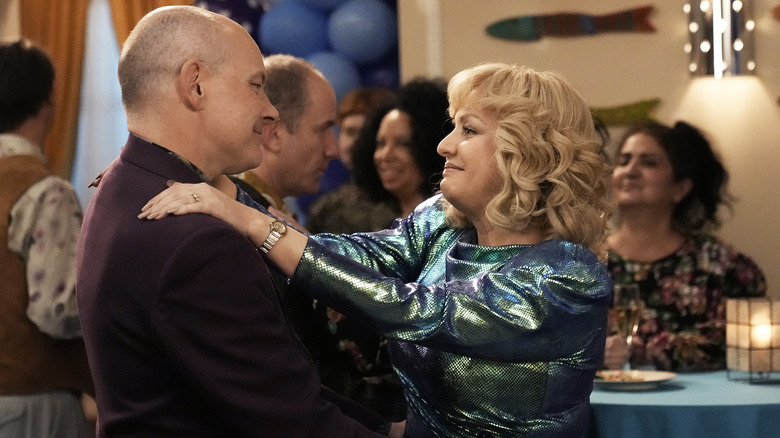 Is The Goldbergs Ending Exploring The Future Of The Show
May 22, 2025
Is The Goldbergs Ending Exploring The Future Of The Show
May 22, 2025 -
 Nova Filmska Adaptacija Reddit Price Sydney Sweeney Potvrdena U Ulozi
May 22, 2025
Nova Filmska Adaptacija Reddit Price Sydney Sweeney Potvrdena U Ulozi
May 22, 2025 -
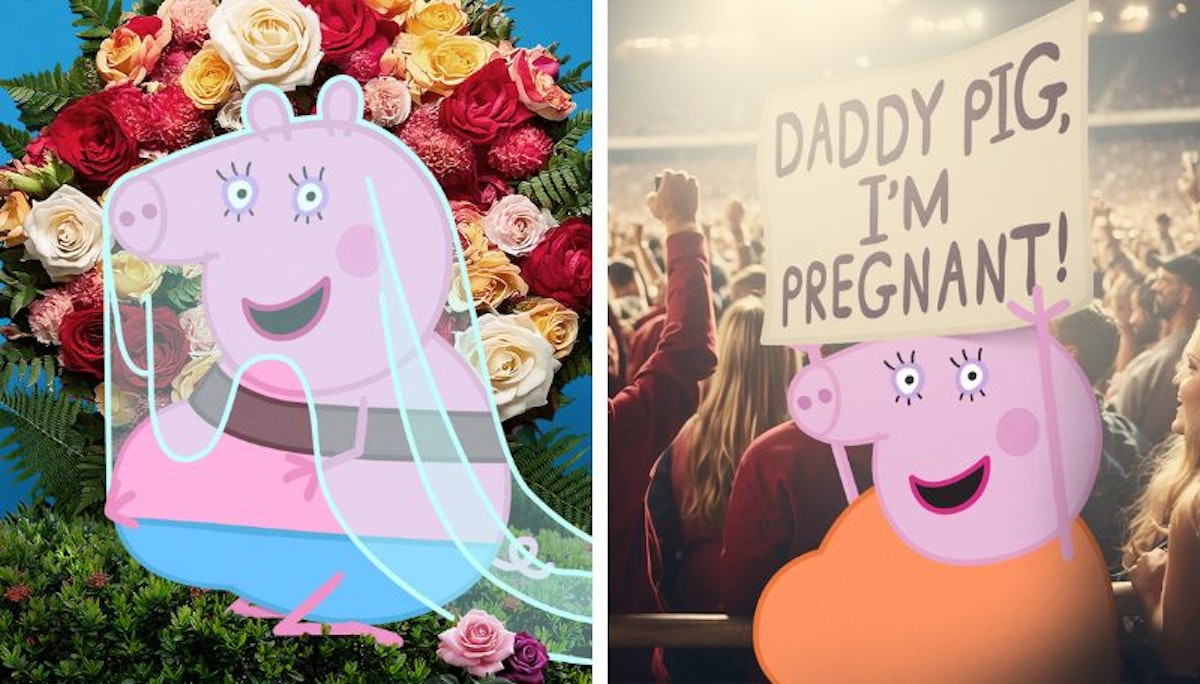 Peppa Pigs New Baby Gender Reveal And Fan Reactions
May 22, 2025
Peppa Pigs New Baby Gender Reveal And Fan Reactions
May 22, 2025 -
 Little Britain A Gen Z Obsession Despite Cancellation
May 22, 2025
Little Britain A Gen Z Obsession Despite Cancellation
May 22, 2025
Latest Posts
-
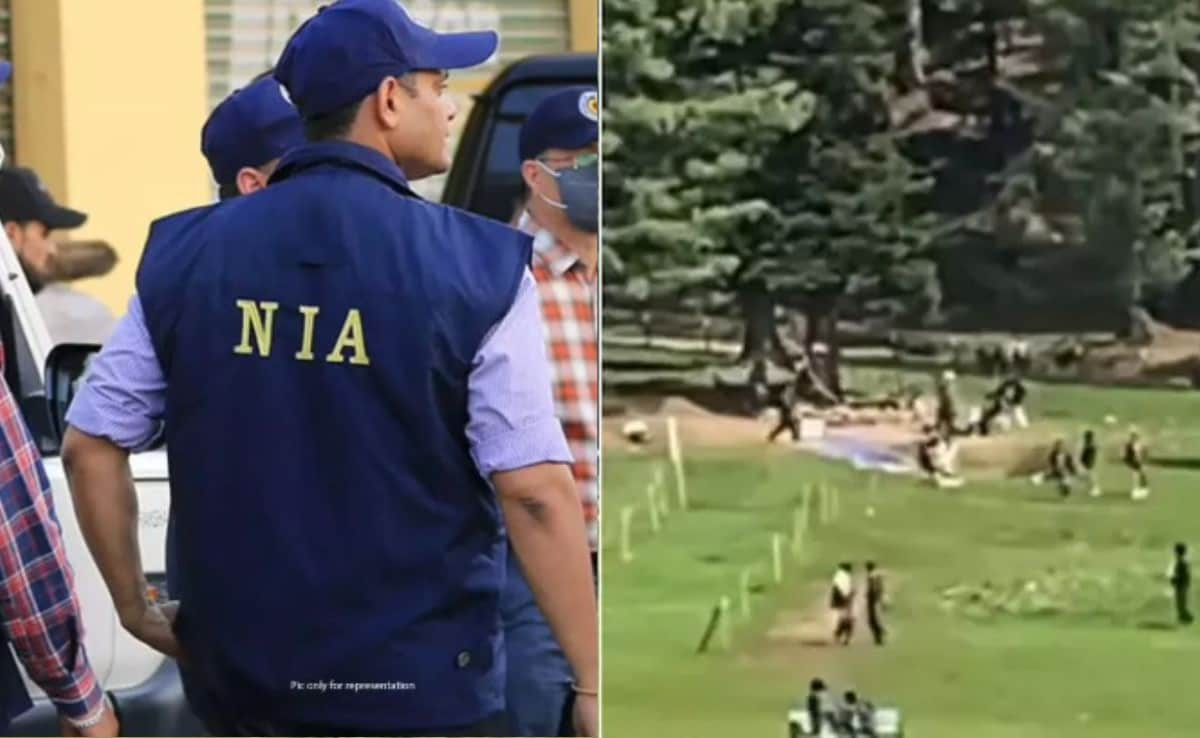 Switzerland Condemns Pahalgam Terror Attack Official Statement From Foreign Minister Cassis
May 22, 2025
Switzerland Condemns Pahalgam Terror Attack Official Statement From Foreign Minister Cassis
May 22, 2025 -
 Combate Las Enfermedades Cronicas Este Superalimento Es Tu Mejor Aliado Para Un Envejecimiento Saludable
May 22, 2025
Combate Las Enfermedades Cronicas Este Superalimento Es Tu Mejor Aliado Para Un Envejecimiento Saludable
May 22, 2025 -
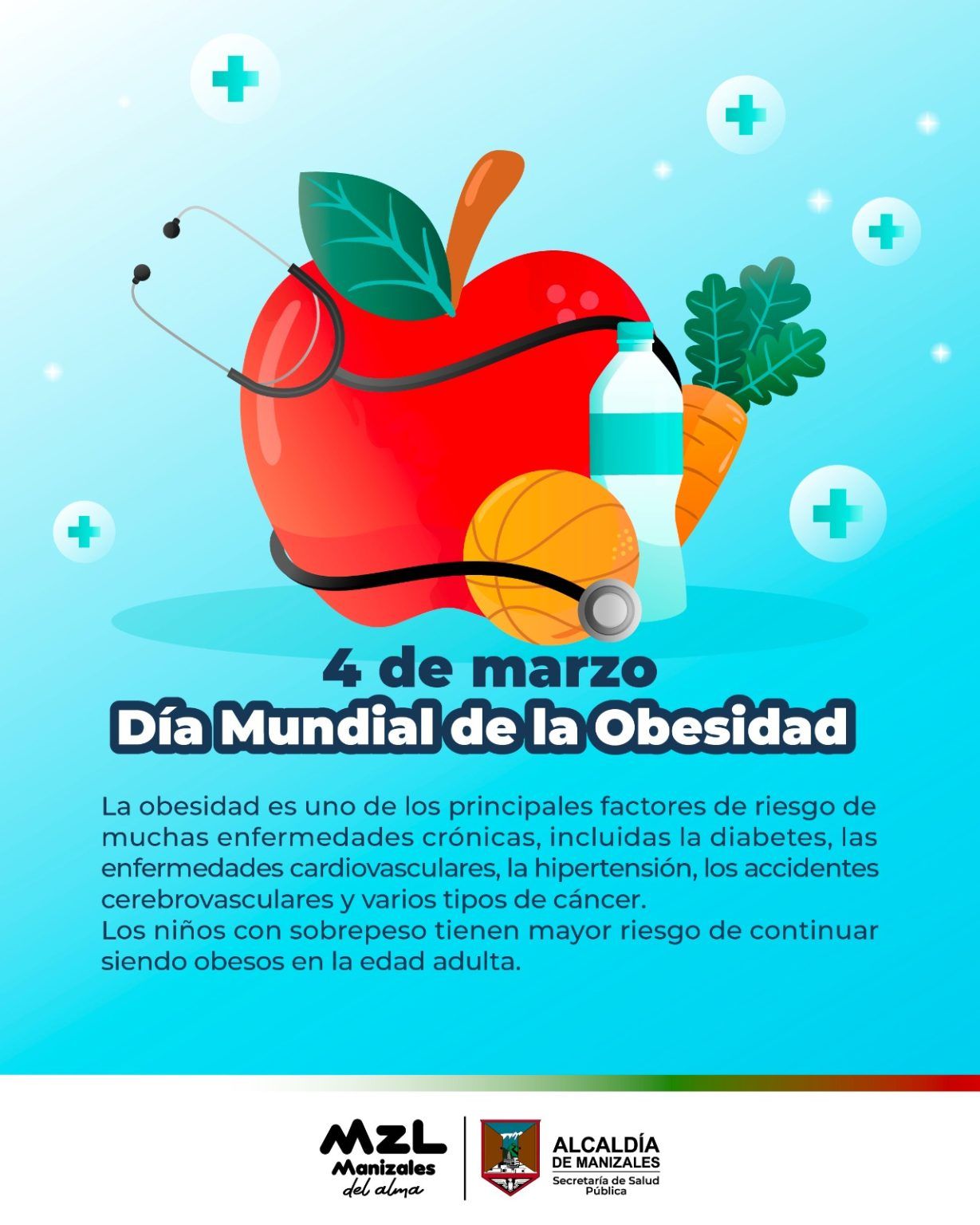 Mas Alla Del Arandano El Superalimento Clave Para Prevenir Enfermedades Cronicas
May 22, 2025
Mas Alla Del Arandano El Superalimento Clave Para Prevenir Enfermedades Cronicas
May 22, 2025 -
 Superalimentos Para La Salud Por Que Este Supera Al Arandano En La Prevencion De Enfermedades
May 22, 2025
Superalimentos Para La Salud Por Que Este Supera Al Arandano En La Prevencion De Enfermedades
May 22, 2025 -
 El Superalimento Que Supera Al Arandano Beneficios Para La Salud Y La Longevidad
May 22, 2025
El Superalimento Que Supera Al Arandano Beneficios Para La Salud Y La Longevidad
May 22, 2025
